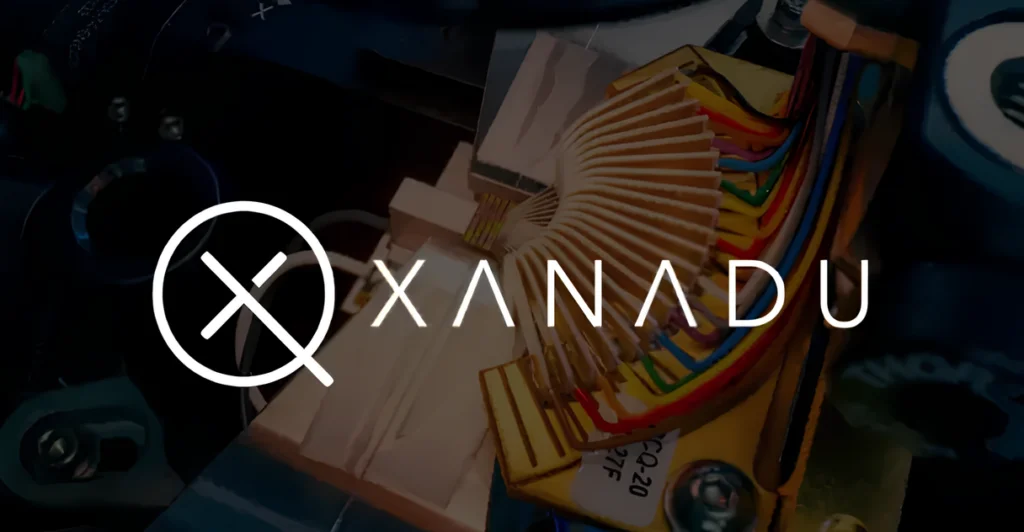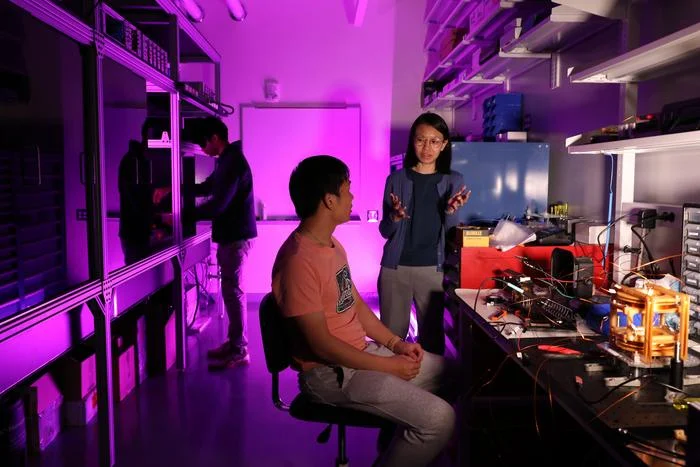
Miraex SA receives support from FIT to pursue the development of its photonic sensors.
Based at the EPFL Innovation Park, Miraex develops full-stack solutions for predictive maintenance and anomaly detection based on its photonic sensors combined with a machine learning algorithm. These sensors are specifically designed to operate in extreme environments. Endorsed by FIT, Miraex has just received a CHF 100’000 Tech Seed loan to support its development.
The upcoming Industry 4.0 accelerates the improvement of industrial processes, increasing efficiency, upgrading energy efficiency and reducing wastage of materials and energy. In this context, the collection of data, and in particular through IoT (Internet of Things) sensors is paramount. However, current cutting edge electronic sensors do not offer sufficient robustness to operate properly in hostile industrial environments (explosive atmospheres, extreme temperatures, high voltages, electromagnetic fields, flammable gases, etc.). Effectively, there is a clear lack on the market of suitable sensors to enable efficient sensing in these harsh environments.
This is where Miraex comes in, whose sensors are intrinsically designed for these hostile environments. They use photonic technology – without electricity – and can measure the physical parameters of vibration, acceleration, pressure, acoustics, electric fields and temperature. Unlike electronic sensors, photonic sensors rely on the generation and transmission of information through optical signals (i.e. photons, or in other words light!). For a photonic sensor to work, no electricity is needed at the measuring point and therefore the risk of losing data. Compared to other latest-generation sensors on the market, Miraex detectors are more sensitive, small (a few millimetres), and resistant to strong shock and extreme environments. Integration in all types of industrial installations is therefore optimal for measurement accuracy and predictive maintenance.

Besides, Miraex also offers the possibility of coupling the measurement process with a machine learning algorithm that allows operational teams to analyze data and visualize alerts directly on an end-user interface. The algorithm automatically filters useful information from the surrounding noise, thus making it possible to detect and identify unexpected events and anomalies that were not detected and mapped in the past. Miraex’s full-stack hardware-software solution thus significantly reduces equipment downtime and optimizes its maintenance.
For its development, Miraex can already count on the support of Venture Kick, Innovaud and the business incubator of the European Space Agency (ESA BIC CH) and the Creative Destruction Lab in Canada. The start-up has also joined the prestigious IBM Quantum Network and was recently selected to participate in NASA’s SMD Entrepreneurs Challenge. In addition to these supports, the FIT Tech Seed loan will enable Miraex to carry out in-the-field tests of its sensors with leading industries for a proof of concept.
Ultimately, the company aims to become a leader in photonic solutions, targeting the aerospace, railway, and agritech industries as a priority, before expanding into wider application markets. Miraex intends to continue innovating in quantum physics and photonics by filing ingenious patents, focusing on industrial and quantum applications.
About Miraex
Miraex provides full sensing solutions to enable advanced predictive maintenance, asset monitoring and anomaly detection, specifically in extreme environments. The solution combines the company’s unique proprietary Photonics Sensors and Machine Learning.
![]()
A number of environmental parameters can be monitored: vibration, acceleration, acoustic, pressure, electrical field and temperature. The sensor’s advantages include intrinsic safety in the harshest environments (explosive, high voltage, high EM field, high pressure, high/low temperature), superior sensitivity and small footprint (few mm). Those sensors combined with purpose-built Machine Learning algorithms provide actionable data, solving customer use cases.
About FIT
The Foundation for Technological Innovation (FIT) has been helping startups since 1994. It encourages entrepreneurship, supports innovation and bolsters the local economy by providing appropriate financial assistance. The FIT grants help to projects that possess an innovative or technological character and those tied to a university in the county of Vaud (i.e. HES, EPFL, Unil, HEIG-VD…) . In order to complete all of the criteria, the projects are also expected to have high chances of success in creating or developing a company.
The Innovaud association, the front door of innovation in the county of Vaud, tightly collaborates with the FIT. She transfers information to the candidates that asked the FIT for support and effectuates a pre-screening of the newest demands in function of the FIT’s criteria of eligibility. Thus, the application forms for a FIT grant or loan can be found on the website of Innovaud.
The FIT supports the projects based on ICT, cleantech, life science, industry and digital (since 2018) at different development stages.
Since 1994, the FIT has provided 47 grants to projects deemed trustworthy, whose main goal is to create a business. Furthermore, she has granted 228 loans to 191 innovative companies, adding up to a total amount of more than 39 million Swiss Francs.
The FIT is allowed to flaunt her choices for the supported startups because 73% of the companies are still active and some matured into true SMEs. One of those startups, Mindmaze, even became the first Swiss unicorn (i.e. a company valued at more than 1 billion Swiss Francs).
In total, more than 1’300 jobs were created in the county, and the Romandie monopolizes the top of the ‘best Swiss startups’ rankings.
Additionally, the rankings of the Top 100 of the best swiss startups regularly notices the supported firms by the FIT monopolizing the very top. In 2019, they were 20.
For more market insights, check out our latest quantum computing news here.















